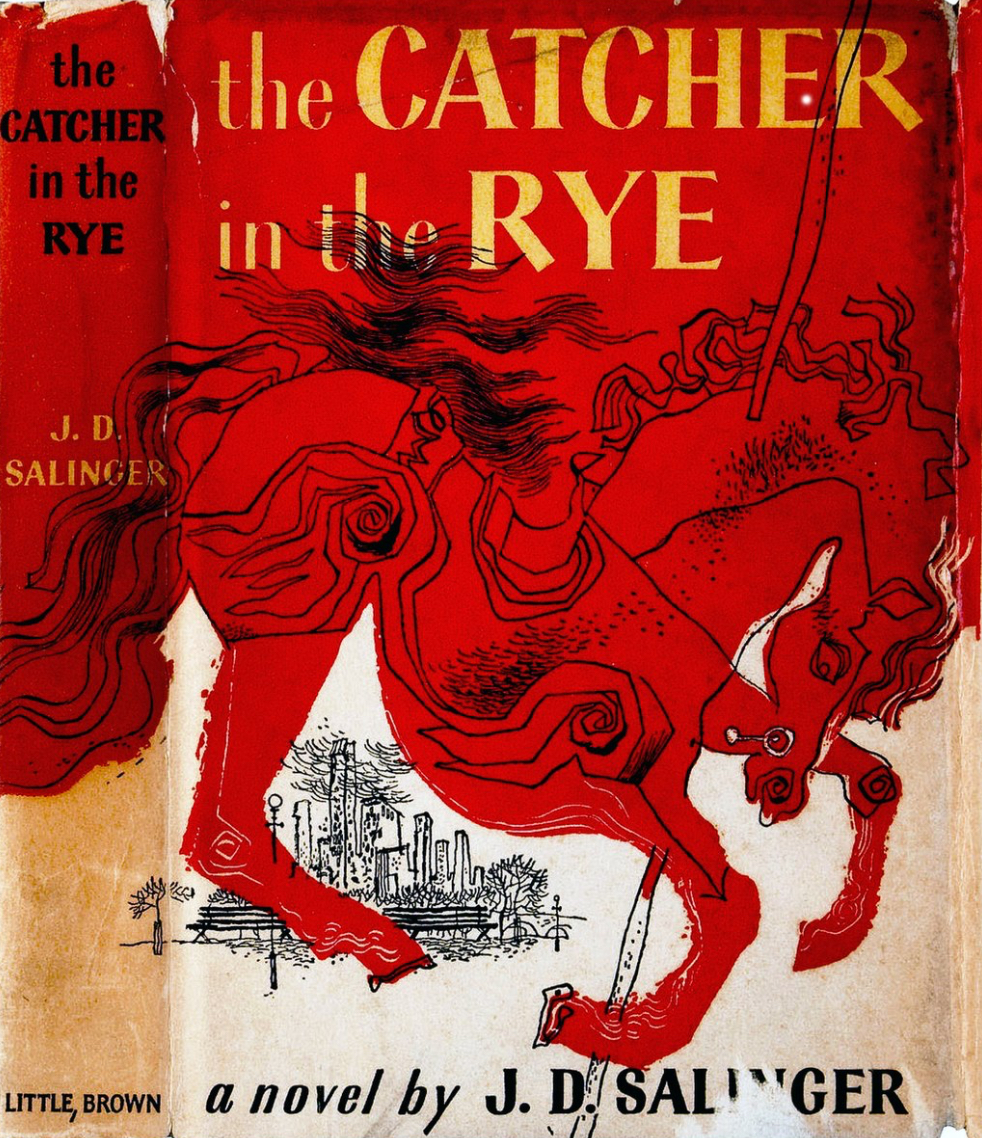Classic books are novels that have stood the test of time by being relatable, meaningful, or just by being engaging. The 1951 novel, “The Catcher in the Rye” by J.D. Salinger, is widely considered a classic by critics and English teachers alike, being named the second most-taught book in the U.S. during 1981 by the American Library Association. But that poses the question: why is it considered a classic and does it deserve the title?
So what exactly constitutes a classic book, beyond just relatability and an unforgettable meaning? Many sources, such as Minnesota State University, say that classic books are books that hold a significance to society. They usually have universal themes that resonate with the reader no matter when they read it, such as love, loss, identity or the human experience. The characters who portray these themes are often notable and well developed, which allows readers to connect and relate easier. Classic literature typically features unique and compelling writing styles that captures the reader and brings the story to life.
In “The Catcher in the Rye,” the main character, Holden Caulfield, is undoubtedly memorable due to his authenticity and raw narration, seen through his retelling. His character shows development as readers see him acting on impulse, critically thinking, negative and content. Depending on who’s reading, his character is one many can relate to or completely end up hating.
Holden’s disdain for the world while not wanting to grow up is something many readers, especially young adults, can say they have felt before, adding to Holden’s credibility.
However, his crude thoughts and expectations of the world along with his self destructive behavior, make it harder to empathize and can lead many readers to strongly dislike his character.
Moreover, the themes explored in “The Catcher in the Rye” have potential to be timeless but are quite dated and not as groundbreaking or relatable in this day and age. The novel delves into issues of identity, belonging and decision making, all of which are universal experiences. Holden’s journey through New York City is not just a physical one but one where we are able to see his inner conflict and search for meaning, watching him come to realizations, offers to run away, and many other undertakings.
While impactful during the time of release, we only see one perspective of the “rebel teen” which, in today’s literature, feels distinctive but narrow. Many of his stories and events often lack a clear progression and makes the book feel aimless.
Although this only touches on a few aspects of this influential novel, it is clear that at the time, it was something that had never been seen before, groundbreaking for its fresh perspective. However, with today’s modern literature and our world views expanding, this book simply doesn’t resonate with most readers anymore and can be found outdated and out of touch.










